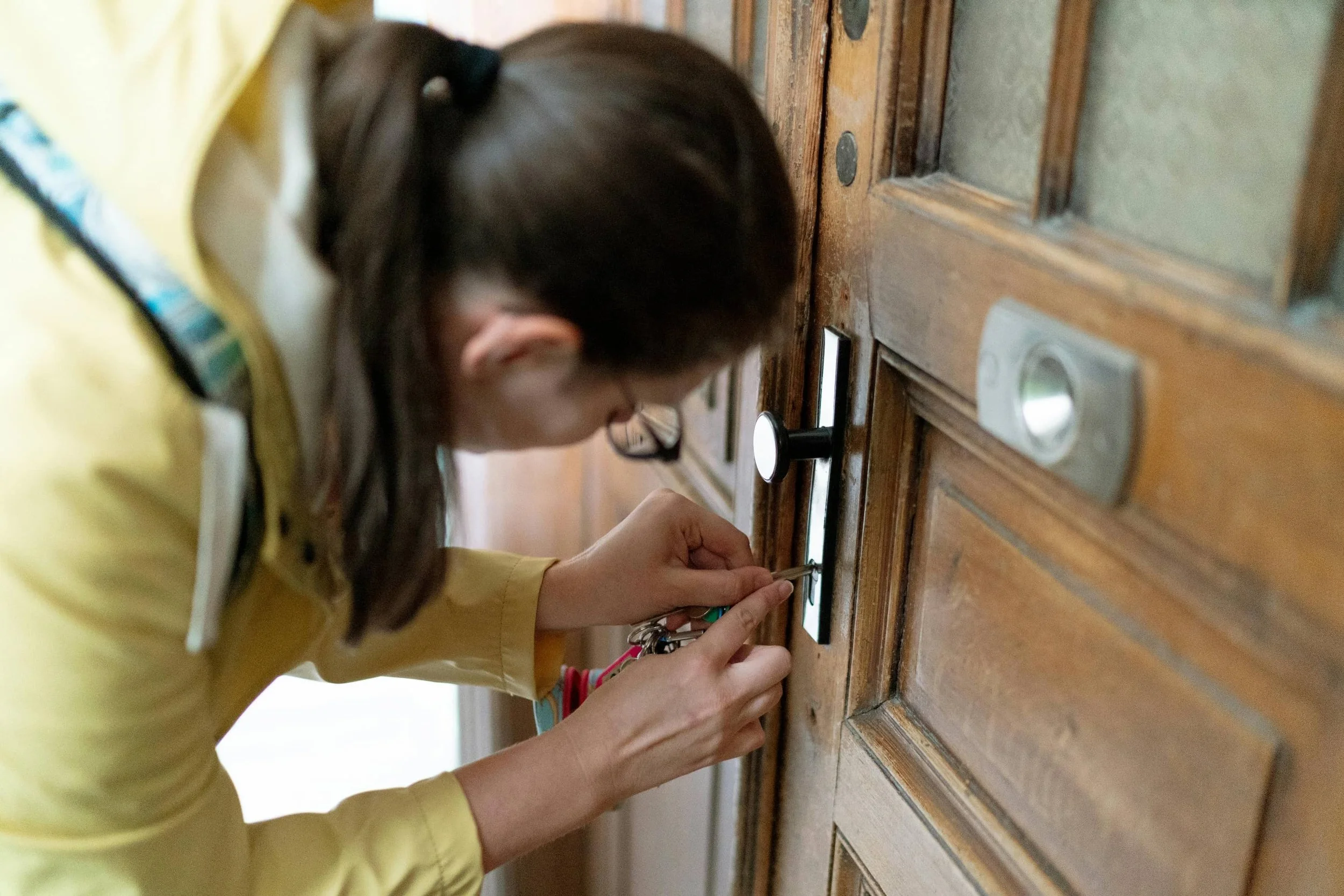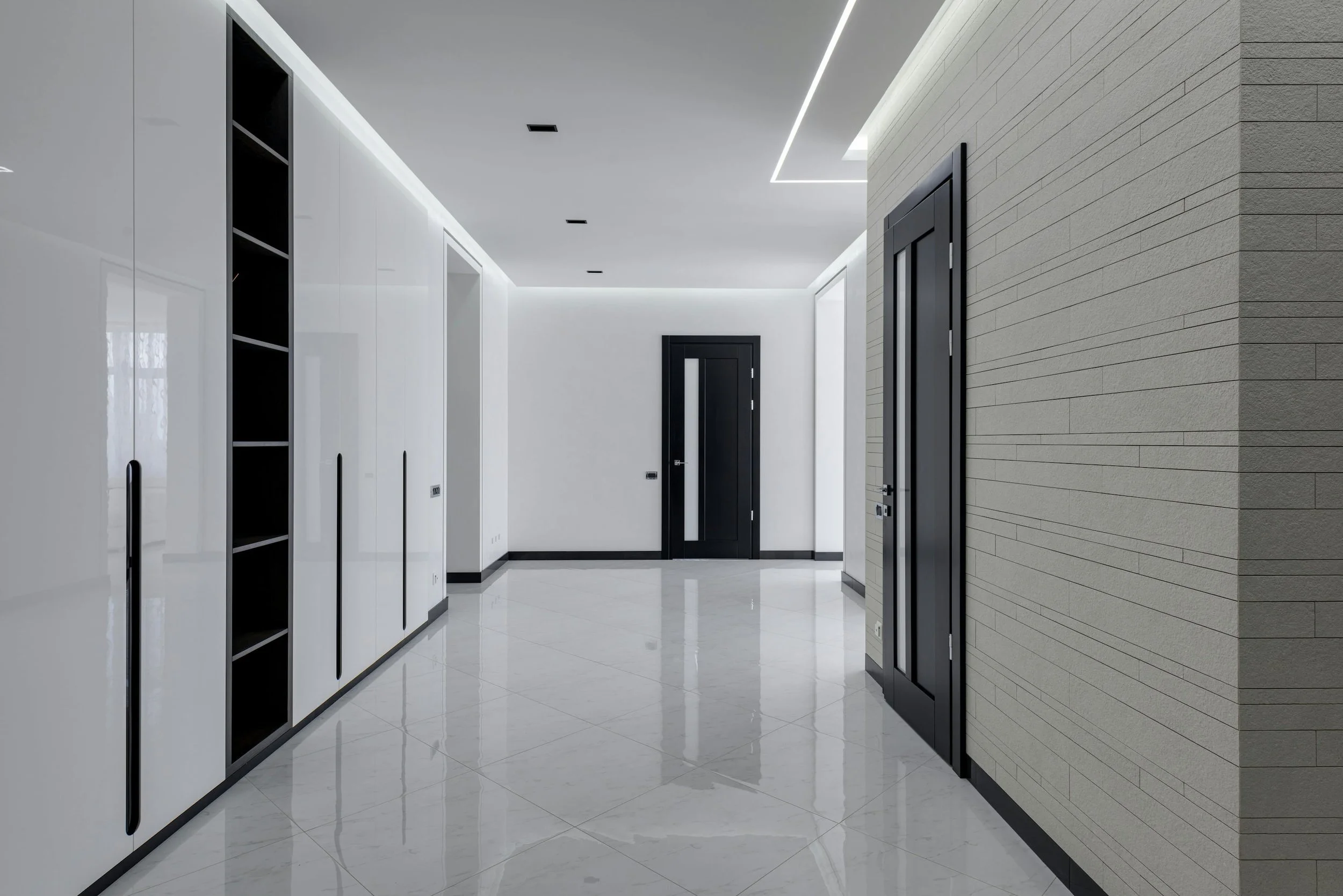Can Tenants Legally Change Locks in Chicago?
Living in the Windy City comes with its own challenges, especially when you're renting. One common question that arises is whether tenants can legally change the locks on their rental unit in Chicago, IL.
There are plenty of reasons why someone might want to change the locks: security concerns, a lost key, or even a falling out with a roommate. But before reaching for the toolbox or calling a locksmith, it's essential to understand Chicago’s local laws, lease agreements, and tenant rights.
This guide will walk you through everything you need to know about changing locks in Chicago rentals—whether you're a tenant trying to feel safer or a landlord protecting your rights.
Understanding Tenant Rights in Chicago
In Chicago, tenant rights are largely governed by the Chicago Residential Landlord and Tenant Ordinance (RLTO). This law outlines the obligations of both tenants and landlords, offering guidelines on everything from repairs to security.
Tenants have the right to feel secure in their homes, but that doesn’t mean you can change the locks whenever you like. The key factor? Your lease. Most lease agreements include specific clauses about altering locks, often requiring landlord permission or prior notice.
Violating these clauses can lead to trouble, especially if the change restricts the landlord’s legal access to the property. To stay in compliance, it's best to check the lease and communicate openly with your landlord before making any changes.
What Illinois Law Says
The Illinois Landlord and Tenant Act provides the legal foundation for rental relationships statewide. It covers essential topics like property access, repairs, and tenant privacy.
Under this law, landlords must be able to enter the unit for reasonable purposes, like inspections, repairs, or emergencies. Locking them out without notice or consent could violate state law and your lease.
That said, tenants do have some control over their home security. You can change the locks, but you must ensure it doesn’t block the landlord from gaining access when necessary.
The Role of Lease Agreements
Your lease is the first place to look when thinking about changing the locks. Many leases clearly state whether tenants can do so, and what procedures must be followed.
Often, written consent from the landlord is required. Other times, the lease may allow lock changes, but only if a key is provided to the landlord immediately after installation.
If your lease doesn't address lock changes at all, you still need to act reasonably. Keeping your landlord informed is always a smart move. That way, you stay on good terms and avoid potential legal issues.
Landlord Access and Key Copies
Landlords have the right to enter rental properties under specific circumstances, and that right is protected by both local and state law. These include emergencies, scheduled maintenance, or safety checks.
If you change the locks and don’t give your landlord a copy, you could be blocking lawful entry. This not only puts you at risk of violating your lease but may also lead to legal disputes.
Maintaining transparency about lock changes can prevent problems. If you're planning a change, let your landlord know and provide a copy of the key if your lease or local law requires it.
Emergencies: When Lock Changes Are Justified
Certain urgent situations may justify an immediate lock change—think break-ins, threats, or domestic violence. In such cases, acting swiftly is not only understandable, it may be protected by law.
Chicago recognizes that personal safety sometimes requires immediate action. Still, it’s best to notify your landlord as soon as possible after the change. Keep a written record explaining why the change was necessary.
For tenants dealing with domestic violence, Illinois offers legal protection under the Safe Homes Act, which may even allow you to change locks without advance notice under specific conditions.
Security Deposits and Lock Changes
Another common concern is whether changing the locks will impact your security deposit. Generally, if the change was allowed by your lease or done with proper communication, your deposit should be unaffected.
However, unauthorized changes or damages related to the lock installation could lead to deductions. Avoid this by hiring a professional locksmith and keeping documentation of all costs and communications.
Save receipts, email exchanges, and any written landlord approvals. These records can help resolve disputes if they arise when you move out.
Communication Is Key
Open communication with your landlord is crucial when you're considering changing the locks. Being upfront not only shows respect but can also help avoid unnecessary conflict.
Make your request in writing, explaining why you want the lock change and how it will be handled. Include whether you’ll provide a copy of the new key, and ask for written approval if required.
You can also refer to tenant support organizations like the Metropolitan Tenants Organization for guidance on how to frame your request or handle pushback from your landlord.
Hiring a Locksmith
Hiring a professional locksmith ensures the lock change is done properly and safely. They can help you select a lock that balances ease of use with solid protection.
Many locksmiths also offer documentation of the service, which can be helpful in proving the work was done professionally. Ask for an itemized receipt and a written description of the work for your records.
Choosing a licensed locksmith also helps you avoid liability in case something goes wrong during installation. For options, check the Associated Locksmiths of America for qualified professionals in your area.
Smart Locks and Modern Security
Smart locks are growing in popularity thanks to their convenience and added security features. They allow tenants to lock and unlock doors remotely and even issue digital keys.
Before installing a smart lock, check your lease. Some landlords may have policies against electronic modifications or might require the device to be removed upon move-out.
Be sure to follow digital safety best practices like using secure passwords and updating the firmware regularly. The Federal Trade Commission (FTC) offers advice on securing smart devices, which can apply to smart locks too.
What Happens if You Change Locks Without Permission?
Making unauthorized changes could lead to serious consequences. At minimum, your landlord could require you to reinstall the original locks or cover the cost of having a locksmith do it.
In more severe cases, violating the lease can result in legal action or even eviction. Blocking the landlord’s access can be grounds for terminating your tenancy.
To avoid these risks, always review your lease, talk to your landlord, and document everything. When in doubt, seek legal guidance through services like Legal Aid Chicago.
How to Change Locks Legally in Chicago
Here’s a step-by-step summary for changing locks the right way:
Review Your Lease: Check for any restrictions or procedures related to locks.
Notify Your Landlord: Put your request in writing, stating your reasons clearly.
Get Written Permission: If required, secure approval before making changes.
Hire a Professional Locksmith: Ensure quality installation and get a receipt.
Provide a Key (If Needed): Give your landlord access, unless exempt under law.
Document Everything: Save receipts and communications for your records.
Taking these steps helps protect your rights and ensures you stay in good standing with your landlord.
Building Trust With Your Landlord
Maintaining a strong tenant-landlord relationship makes life easier. Clear communication, mutual respect, and following the rules go a long way in preventing conflicts.
When you're transparent about lock changes and safety concerns, it shows you’re a responsible tenant. Landlords are more likely to cooperate when trust is established.
If conflicts do arise, keeping a professional tone and focusing on solutions can help preserve a positive dynamic.
Final Takeaways: Your Rights, Your Safety
Changing locks in a rental unit in Chicago isn’t something you should do impulsively. The decision carries legal and financial implications. But with the right approach—understanding your lease, knowing your rights, and communicating openly—you can secure your space without stepping over the line.
✔ Check your lease agreement
✔ Understand local and state laws
✔ Communicate clearly with your landlord
✔ Document every step
✔ Use a qualified locksmith
✔ Avoid blocking lawful access
Your safety matters—but so does staying compliant. Lock changes can enhance your security without creating legal headaches when done right.





